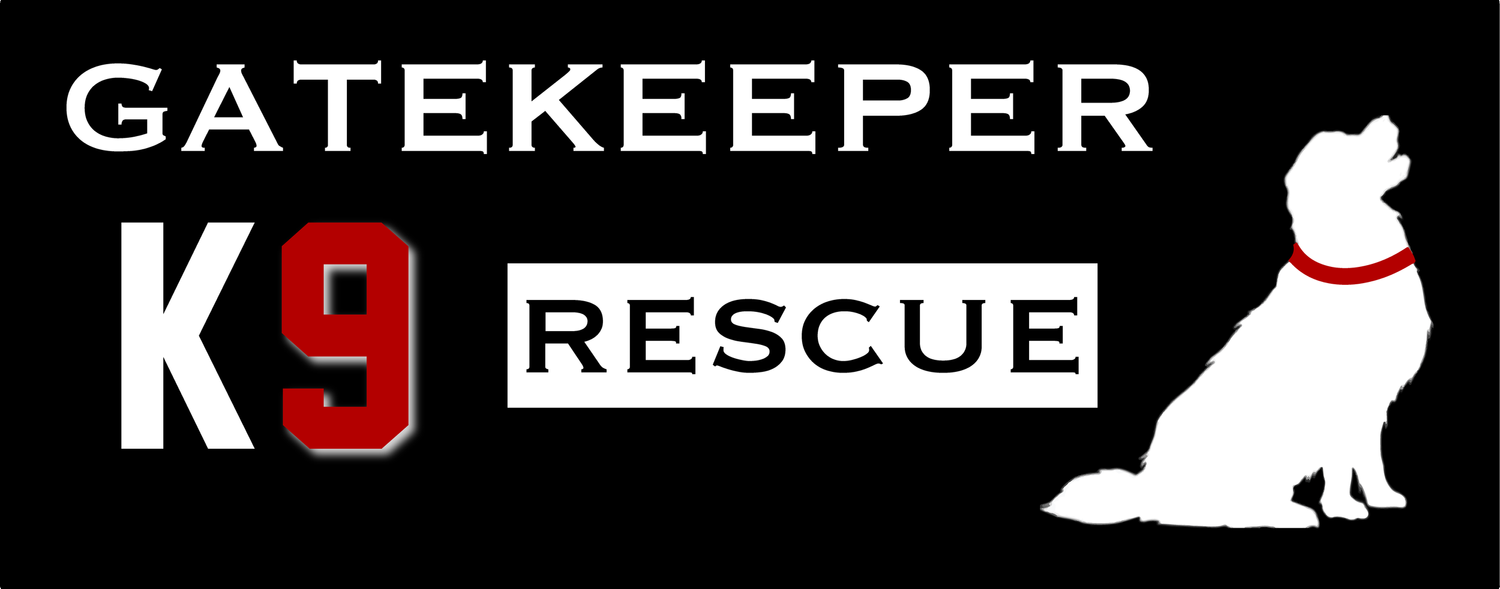Caring for a Found Dog
If you have found a lost dog, it is important to take them to a veterinarian as soon as possible, sometimes immediately. The recommendations on this page are not a substitute for consultation with a medical expert.
Download our Safety Guide
Caring for Your Found Dog
First Aid and Veterinary Care
Make a Veterinary Appointment
Make an appointment with the dog’s veterinarian as soon as possible. Even if a found dog appears fine, they could have issues that would only be recognized by an expert or show up in bloodwork. For instance, the dog could have ingested a toxic substance such as rat poison, the outward symptoms of which may not yet be apparent.
IMPORTANT! Be Very, Very Careful with Feeding
Consult a veterinarian ASAP to determine if your dog is at risk for refeeding syndrome.
While lost, dogs do not usually get proper nutrition and may survive on little or no food. This is especially likely if a dog is lost for days, weeks, or months. Without a proper food source, a dog’s body shifts into starvation mode, which involves significant changes in metabolism in order to support vital organs and prolong survival. It is also common for lost dogs to be dehydrated, even if they have access to an ample source of water.
A dog in starvation mode has a metabolism that cannot handle normal amounts of food. If fed too much food too quickly, a dog in starvation mode can experience refeeding syndrome. Refeeding syndrome is primarily characterized by electrolyte imbalances, which can cause significant complications, including permanent damage to vital organs or death.
When found or rescued, a dog should only be fed very tiny amounts of bland food and fresh water. Do not feed them dry food or kibble, as this will expand in their stomach. A found dog should be seen by a veterinarian as soon as possible to determine if they are at risk for refeeding syndrome and how to go about re-introducing food and water.
Thoroughly Check for Injuries
Your dog could have a festering wound that needs immediate medical attention. Check your dog’s entire body thoroughly. Look and feel carefully under long, thick fur. If wounds or injuries are found, seek medical attention as soon as possible.
Carefully Monitor Your Dog
Keep a very close eye on the dog and watch for unusual physical or behavioral symptoms, particularly if the dog has not yet been seen by a veterinarian. If you notice anything strange, seek medical attention immediately.
Check for Ticks
If you live in an area with ticks, as we do in central NY, a found dog was likely bitten by ticks while lost and still has them attached to their body. Even in winter, ticks can be active on warmer days. Thoroughly check a found dog for ticks and remove any attached ticks from the dog (click here for tick removal instructions). Dispose of the ticks by flushing them down the toilet.
A found dog should be examined by a veterinarian as soon as possible. Bloodwork should be done to determine if the dog has contracted any tick-borne illnesses, such as Lyme disease.
Trauma Recovery
Being lost and fighting for survival is a TRAUMATIC experience for dogs. Your dog needs to DECOMPRESS from this ordeal and RESET to their normal self. Give your dog the time and space to recover by following the decompression plan below.
When this decompression plan is used, most dogs recover within about three days. Others may take longer. Be patient and calm. Let your dog go at their own pace.
Create a Safe Space
Create a safe space for your dog to go when they feel overwhelmed. This can be a crate or a den-like space created by draping a blanket over a table.
Let Your Dog Rest
Let your dog rest as much as they want. Do not force interaction or make them do things they don’t want to, including interacting with other dogs in the household.
Make Food and Water Available
Your dog may be uncomfortable eating during the day. Make food available so they can eat when ready. Always have fresh water available.
Provide Items to Chew On
Provide items for your dog to chew on to relieve anxiety, such as dog bones or kongs filled with peanut butter. Supervise your dog while they have these items.
Only Go Outside for Potty Breaks
Only go outside to potty. Keep your dog on leash, even in a fenced yard. Always use a properly fitted martingale collar.
Changes in Your Dog
During and after decompression, you may notice changes in your dog. For most dogs, these changes are temporary, but for some they are lasting.

